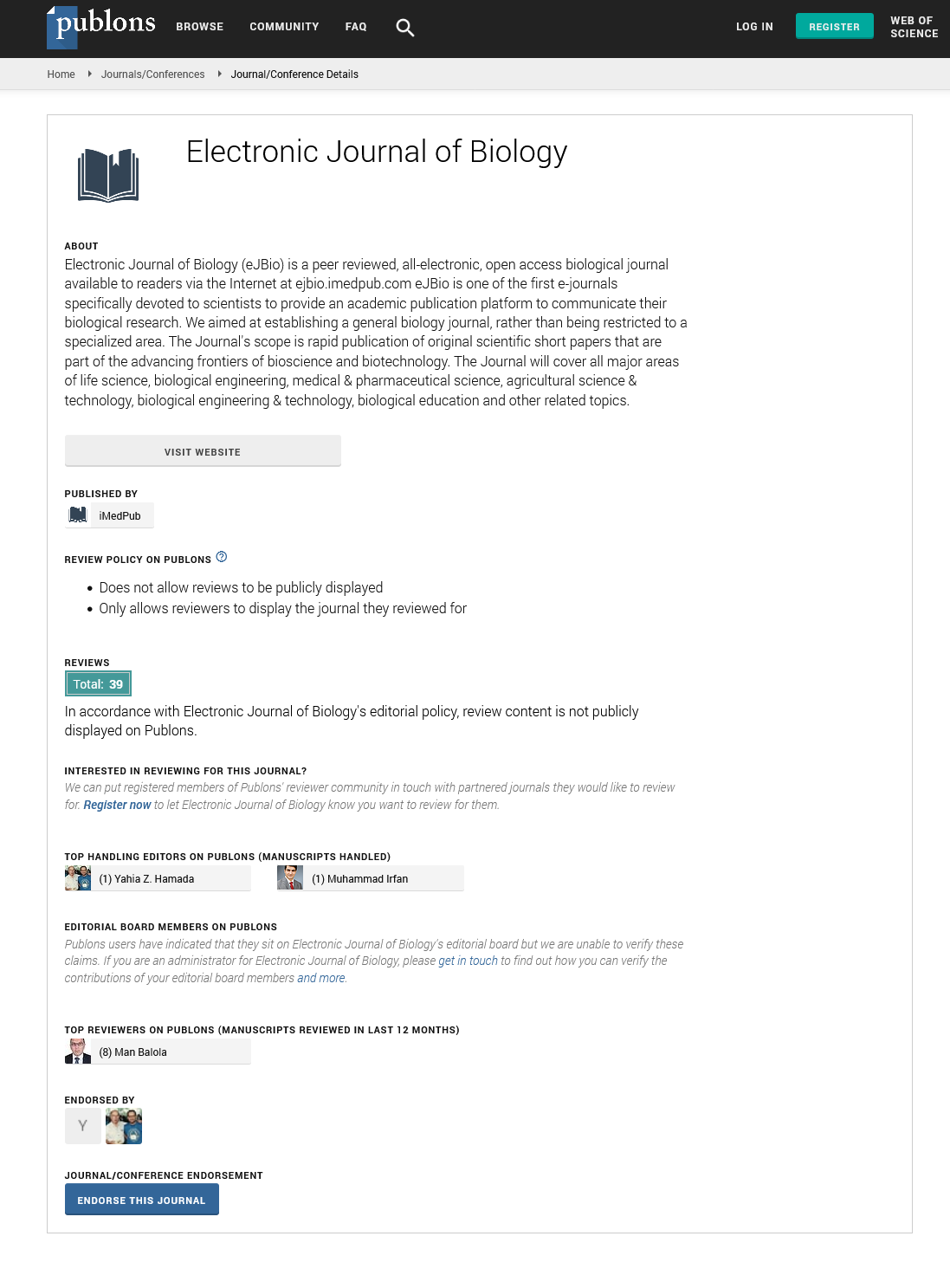Abstract
Emerging Trends, Challenges and Prospects in Antiviral Therapeutics and Drug Development for Infectious Diseases
Infectious diseases are well known since ancient time to human civilization. Different microorganisms (bacteria, fungi, viruses) cause infectious diseases. Among all the microorganisms, viruses are the most notorious. Viruses are ultra microscopic obligate intracellular parasites, which have either DNA or RNA as genetic material, known to cause different types of diseases in humans, animal and plants. The battle between the viruses and the humans is continuous process, as both will adopt different strategies to combat against each other. Development of antiviral drugs is very tedious process as it involves many stages like, target identification and screening, lead generation and optimization, pre-clinical and clinical studies, final registration of the drug etc. Inspite of modern tools and stringent quality control measures only a few antiviral drugs are getting approved for human use. The reason may be either side effects or the antiviral drug resistance. Increasing knowledge about viruses, mechanism of their infections and the rapid evolvement of novel antiviral strategies and techniques will speed up the development of novel antiviral drugs. This review is focused on global view of drug discovery for infectious diseases including strategies, current advanced techniques and tools, major landmarks and limitations of the antiviral drug development in last five decades.
Author(s): Shailendra K. Saxena, Shailja Saxena, Rakhi Saxena, ML Arvinda Swamy, Ankur Gupta, Madhavan P.N. Nair
Abstract | Full-Text | PDF
Share this

Google scholar citation report
Citations : 5001
Electronic Journal of Biology received 5001 citations as per google scholar report
Electronic Journal of Biology peer review process verified at publons
Abstracted/Indexed in
- Google Scholar
- China National Knowledge Infrastructure (CNKI)
- CiteFactor
- Electronic Journals Library
- Zoological Records
- WorldCat
- Proquest Summons
- Publons
- MIAR
- Openaccessarticles.com
- Secret Search Engine Labs
Open Access Journals
- Aquaculture & Veterinary Science
- Chemistry & Chemical Sciences
- Clinical Sciences
- Engineering
- General Science
- Genetics & Molecular Biology
- Health Care & Nursing
- Immunology & Microbiology
- Materials Science
- Mathematics & Physics
- Medical Sciences
- Neurology & Psychiatry
- Oncology & Cancer Science
- Pharmaceutical Sciences


